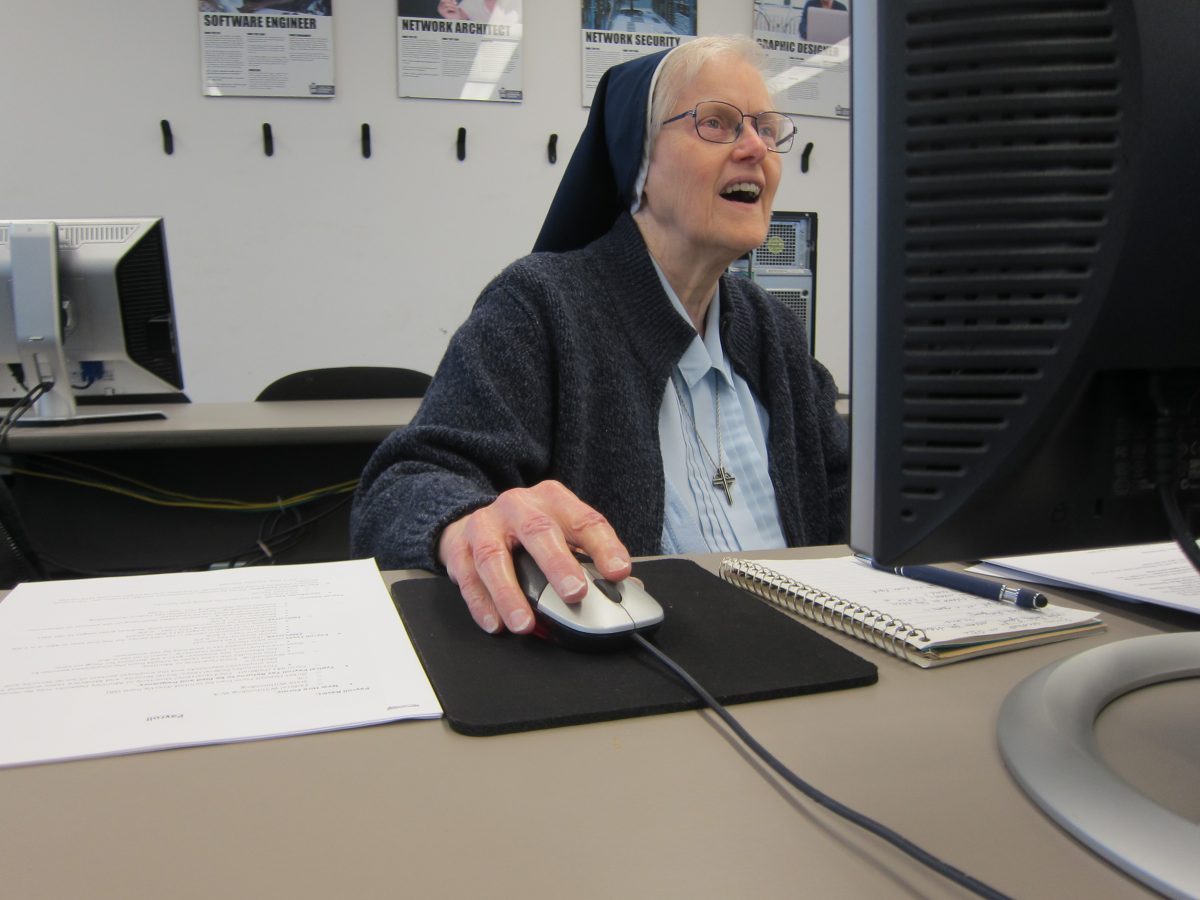
By Jen Roberts
It began with a simple but brilliant premise.
“The idea was that artists were well-equipped to run the artistic part of their careers but needed expert advice when it came to legal and accounting matters,” says Sue Greenberg, executive director of Volunteer Lawyers and Accountants for the Arts (VLAA), founded in 1982 by the city’s Arts and Humanities Commission and Saint Louis University School of Law.
VLAA and similar organizations throughout the country were modeled after Volunteer Lawyers for the Arts in New York City, the first program of its kind. St. Louis is one of three national organizations that decided to include accountants in the program. “I cannot imagine not having the accountants,” says Greenberg. “About a third of what we do is on the accounting side. It just makes sense if you’re trying to help people think about their businesses — that’s a key part.”
VLAA’s board and a law student ran the organization for its first few years. Then the Regional Arts Commission (RAC) saw the nonprofit’s potential and provided office space and funding, so VLAA could hire its first employee. Today, more than 300 volunteer accountants and lawyers provide counsel to artists and administrators in the greater St. Louis metropolitan area. Through the organization’s referral service, clients contact VLAA with a specific question and then are paired with a volunteer who has relevant experience. The questions they receive vary from bookkeeping and taxes to copyrights and trademarks. VLAA also offers assistance about how to set up an LLC and a nonprofit. “In the last 10 days, we’ve had three immigration cases,” Greenberg said in early December. “That’s an indication that what we’re asked to do is sometimes all over the place.”
Educational programming makes up the second part of VLAA’s work, and sessions have included QuickBooks training for nonprofits, how to sign up for health insurance, relevant accounting and legal topics, and a college outreach program called Upstart. There’s a 10-session series for individual artists that includes such topics as copyright, contracts, and taxes. Resources are also available online. “Part of our thinking behind providing information online was that if a filmmaker has a question or was looking for some sort of information, they might find our site when they didn’t know we existed,” says Greenberg.
VLAA has more than 200 new referrals each year. They don’t capture the continued relationships between clients and volunteers but have heard about “people who have been matched with a volunteer and keep going back to them, sometimes for 10 or 15 years, when they have a question,” says Greenberg.
In November, VLAA moved from its longtime home with RAC on Delmar Boulevard to High Low, the Kranzberg Arts Foundation’s new literary arts venue on Washington Avenue in Grand Center.
The move seemed like a natural fit. “Kranzberg Arts Foundation has dedicated the building to freedom of expression through spoken and written word, and we’ve always been very committed to freedom of expression issues throughout our history,” says Greenberg.
In addition to VLAA, the second-floor offices at High Low houses River Styx, UrbArts, Tennessee Williams Festival St. Louis, Poetry Center, St. Louis poet laureate Jane Ellen Ibur, Shirley Bradley LeFlore Foundation, and a forthcoming writers-in-residence program. Though VLAA just recently moved, Greenberg says, “there’s already synergy with the people on the floor.”
VLAA hopes this synergy and proximity to other arts organizations will help expand support. “We are looking forward to the writers-in-residence program and think there’s a place for us to support what those writers are doing. I’ve also met with some of the Foundation’s music artists-in-residence,” says Greenberg. “It’s just opening up more possibilities for us to collaborate.”
Greenberg also hopes to find ways to support the St. Louis Art Place Initiative, an effort to renovate vacant houses near Cherokee Street and make them available for low-income artists. “It’s a really great concept,” says Greenberg. “There is a place for us to help them get their finances together.”
High Low also offers event space, which VLAA is using for educational programs and its library.
Artists and arts organizations often thank VLAA for its free services, Greenberg says, though the volunteers also frequently express their gratitude to be part of the nonprofit’s mission. “The volunteers are constantly thanking us for the opportunity,” Greenberg says. “It’s a really happy place here.”
For more information visit www.vlaa.org.

